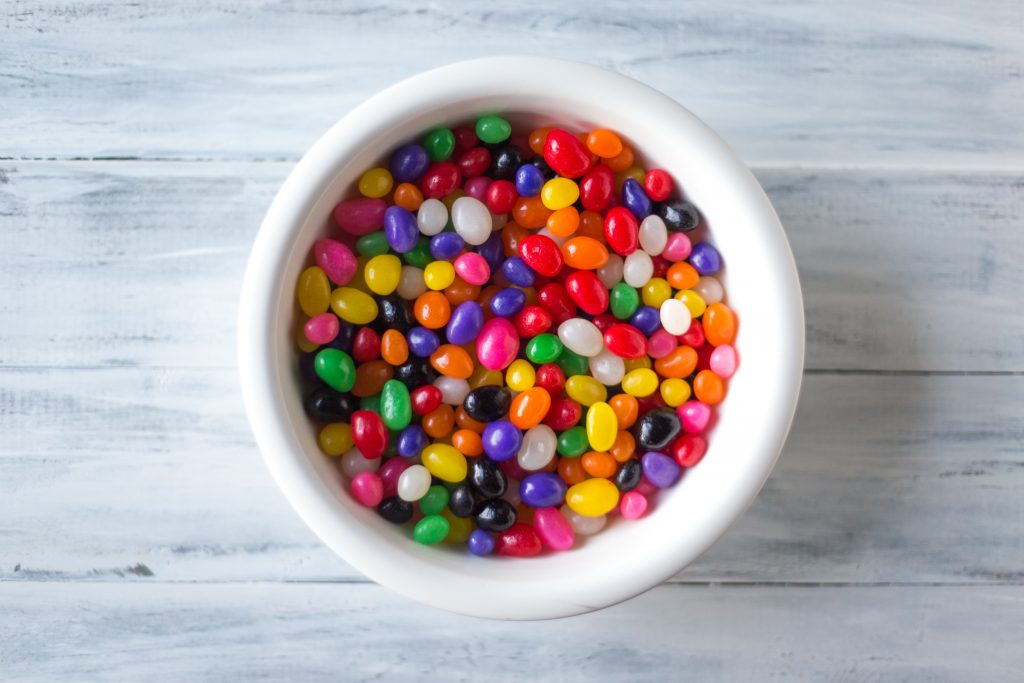A few weeks ago, I wrote a post discussing the pros and cons of some health-related news I’ve been seeing in magazines and newspapers lately. I broke down what I thought was a fairly misleading and unhelpful article. You can read that review here.
I’m back today with another article I’d like to discuss. This one also comes from the April 2019 issue of Health Magazine. The article is titled, “Diabetes: A Primer” and is filled with basic info. on the disease that is gripping our country.
The CDC reports that 4.0 percent of people aged 18 to 44 years are living with diabetes, 17 percent of those aged 45 to 64 years, and 25.2 percent of those aged over 65 years.
Those statistics are startling and don’t even address the fact that many children – young children – are developing what used to be a disease only found in older people.
The article in question today is actually filled with pretty good and accurate information about the disease in general, but there is one piece of advice that I take issue with. It’s this:
Q: Does eating too much sugar cause diabetes?
A: Nope, that’s a myth. But a low-quality, high-calorie diet that contributes to weight gain does increase your chances of developing type 2 diabetes. Almost 90 percent of people with type 2 have BMIs in the “overweight” or “obese” range. Type I is thought to be mostly genetic.
April 2019 Health, page 42
There are actually two things wrong with this answer: 1. Consuming too much sugar absolutely, 100% does have an effect on developing type 2 diabetes and 2. Type I is not mostly genetic. It is an autoimmune disease. Both of these statements are completely false.
Let’s address #1: Does sugar consumption contribute to the development of diabetes. First of all, we need to establish that sugar isn’t just M&Ms and ice cream. Bread and fruit are also sugar. All simple carbohydrates are sugar to your body. It doesn’t matter if it comes from a candy bar or an apple. It’s true that an apple comes with a host of health benefits that the candy bar lacks, but for the purposes of this illustration, it’s just important to understand that simple carbohydrates are the same, ie. sugar, once in the body.
Now that we know what constitutes sugar, let’s discuss how it may or may not contribute to type 2 diabetes. I actually wrote a whole series of articles a couple years ago on insulin resistance. In the second article of the series, I explained what insulin resistance is and how it is developed. You can read the whole thing here. The summary is this:
When you eat carbohydrates/sugar, your body releases insulin. It’s how the sugar gets into your cells so your body can use that energy.

When you are feeding your body too much sugar for too long, meaning your body is making lots and lots of insulin all the time, your cells get tired of it and they quit responding to the insulin, meaning all that extra sugar is circulating in the blood (which gives someone a high blood sugar reading on a lab test).
Over time, if this situation goes unchecked, the body will eventually quit making insulin altogether. There’s been so much of it being produced and circulating and not doing its job and the body just can’t handle it anymore. This is full-blown type 2 diabetes.
Now obviously this is a very simplified explanation of type 2 diabetes and how it is developed – please read that article linked above if you want more detail – but the bottom line is that the VERY FIRST STEP in this process of developing type 2 diabetes is feeding your body too much carbohydrate. Too much, too often, for too long. One New Years Eve binge or a big slice of birthday cake once a year is not going to cause diabetes. But eating like its New Years Eve every day is a pretty sure fire way to set that process in motion.

So back to our “news” article. The question: “Does eating too much sugar cause diabetes?” should have been answered like this – Eating too much sugar every once in a while does not, but eating too much sugar on a regular basis most certainly can. And while we’re at it, let’s be sure to explain that simple carbohydrates = sugar.
If I were a person with zero medical knowledge and a pretty severe sweet tooth, I’d take that answer to mean that what I eat really has no impact on the development of diabetes. And the highlighted suggestions throughout the rest of the article to exercise more, albeit good advice, will not have nearly the impact on reducing the chance of developing or even reversing full-blown diabetes that changing your diet will.
There is much evidence that a Paleo diet and even a ketogenic diet is extremely effective in reversing or preventing type 2 diabetes.
The second issue from this article, the one about type I diabetes being mostly genetic can be countered with this: Type I is an autoimmune disease. Studies tell us that autoimmune disease development is 25% genetic and 75% environmental. What makes up the environmental component? Everything you eat, drink, put on your body, breath in, and experience. So the principles of functional medicine that address diet, movement, stress, relationships and sleep are very highly effective in treating chronic health conditions such as type 2 diabetes and also autoimmune conditions. Type I diabetes is unique in the autoimmune world in that once the damage has been done, ie. the islet cells of the pancreas are no longer producing any insulin, you cannot reverse that disease. However, it can be very well controlled with these same principles and anti-inflammatory diets that help other chronic conditions.

Once again, I have to emphasize that I enjoy reading Health magazine. I know I’ve picked on them pretty severely in these two blog posts, but my whole intention is that we would all become more savvy consumers of information. It’s maddening to me that these publications print such misleading information so flippantly. I’m sure their desire is to be helpful, but I think with a little effort, they could do much better. I would be available for some editorial work if they asked. 😉